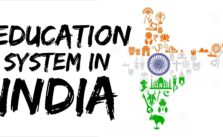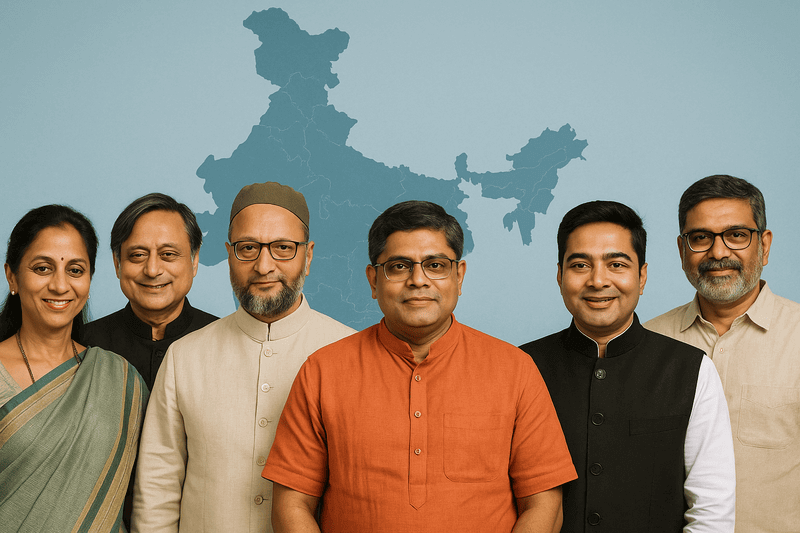What does the word education mean to us?
Usually we mistake educated to being literate. So, what do we mean when we say that a person is educated? Do we mean to say that a person can read and write? Partly, yes. But then a person who does not have knowledge regarding anything but can read and write, will that person be called educated as well? The person shall be called a literate. UNESCO defines literacy as an ability to read and write. Whereas education is the process of learning, understanding and differentiating between things.
It is essential that we understand that being literate does not make a person educated. But then, literacy can surely be helpful in educating oneself.
Often we hear a lot of statements regarding the education system in India. They say the system has become obsolete, it needs to be changed. But then is our system really bad? On thinking about it and after a little research it can be concluded that it is indeed the people that run the system who need to change. The education system in India is as good as the systems followed by other countries. In fact, a number of institutions have been globally acclaimed. So, what is the problem?
To understand the problem regarding education in India, we need to understand the psychologies of the people who run it and of those who follow it.
We first need to understand that India has been a country that took time to believe in the boon of education. Especially the advantages of educating girls was not accepted and this problem still prevails in our country. Making the whole country believe that education was important was one difficult task. To motivate people to send their children to school, the Government brought along a lot of initiatives in the education system. One of the most important initiative being free education for the underprivileged and disadvantaged.
After so many efforts, today we can clearly make the difference. Every parent wants to get their child to get educated. And it is because of the strong efforts that India holds a Literacy Rate of 74.04% (According to census of 2011). The youth literacy rate, measured within the age group of 15 to 24, is 81.1% (84.4% among males and 74.4% among females), while 86% of boys and 72% of girls are literate in the 10-19 age group.
Teachers are the key players in making the education system function efficiently. The problem that is faced in this regard is that teachers are not valued. Teachers are hired on the basis of their experience and not on their skill. If a student succeeds or does good in the exams only then is a teacher’s effort appreciated. Hence their skills are not respected and as a result of this many do not choose the profession of teaching. What is education without a teacher?
The Indian education system is often criticised as using the method ofrote learning for students, so that they can qualify examinations with proper grades. If education is meant to nurture children with knowledge and teachers are meant to impart this knowledge then it is important that this knowledge reaches children. Education loses its meaning when it is practiced just for the sake of grades. Hence, it is necessary that the students in their primary classes are moulded in a way that they consider studying as play and not as pressure. It is understandable that with students getting promoted to higher classes, education gets tougher. But then when they have already understood the importance of education in their early stages, they wouldn’t deny from working hard to achieve their academic grades.
Education helps in creating a proper career. It helps in choosing a career for ourselves. Do we have the knowledge of enough career options that we can choose from? Now, that remains an unanswered question. Careers in technology and Science are most appreciated and acclaimed in India. Does that mean that there are no other options that students can choose from? They’re a number of options to choose from most of these being unknown or not recommended.
Education is often seen as a way to promote businesses. One can understand this by going through the number of engineering colleges India has. When there is business, automatically corruption seeps through. Educational institutions are often used as a means to achieve political gains. How far that is right, is left to the readers to understand.
Loopholes are an undoubted part of every system. But then it is the responsibility of the makers and the members to realize their motives and goals. Education was made compulsory in India to bring economic development. Literacy and education did boost economic growth but then the motive of imparting knowledge through education is not being fulfilled.
None but only the conscience of the members of this system can motivate them to work for the upliftment of the society. Hence, it is left to their conscience to decide if they are educated or not. If they are educated, they wouldn’t hamper the interests of the students and the society. Like mentioned earlier, education is what lets the person to differentiate from good and bad.



